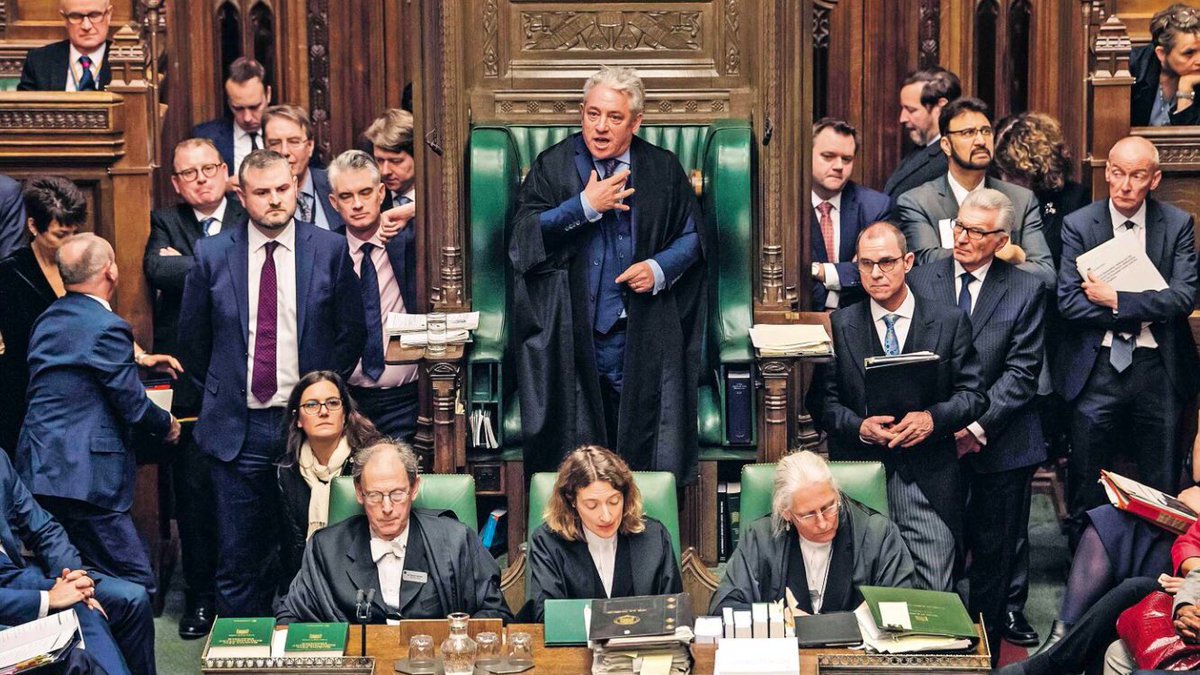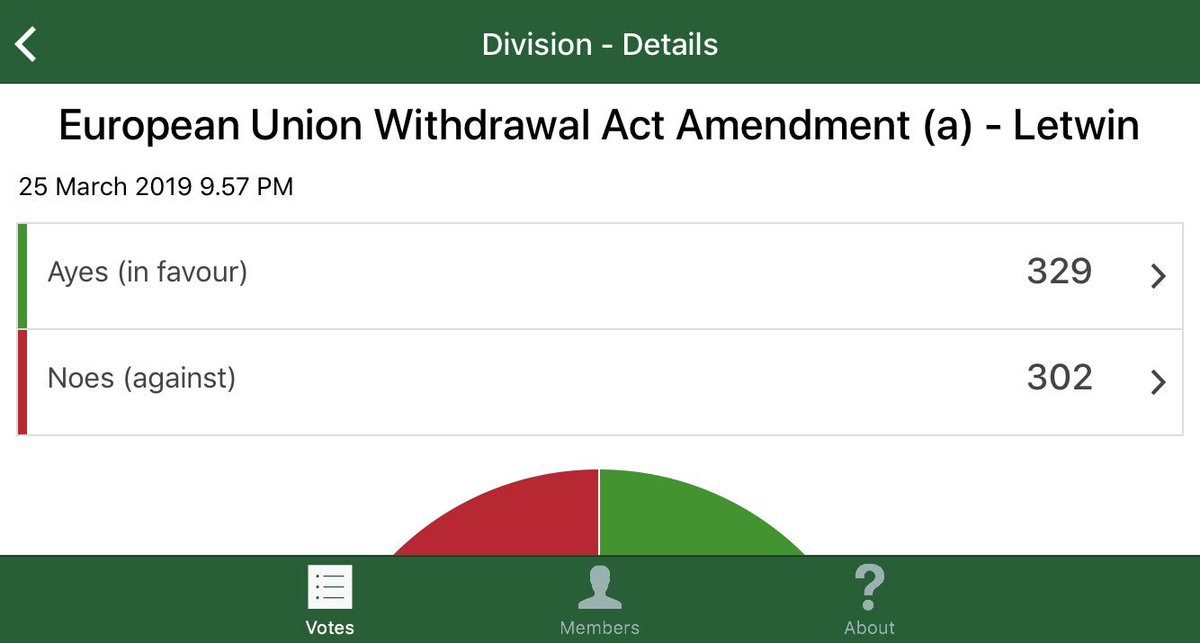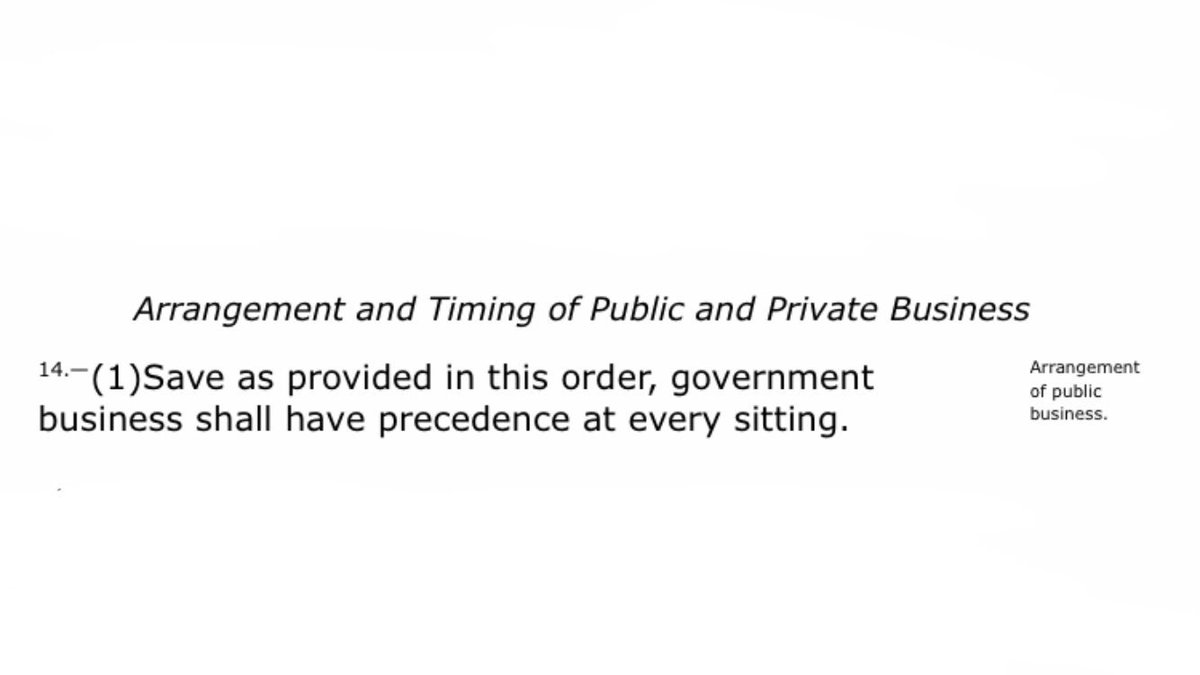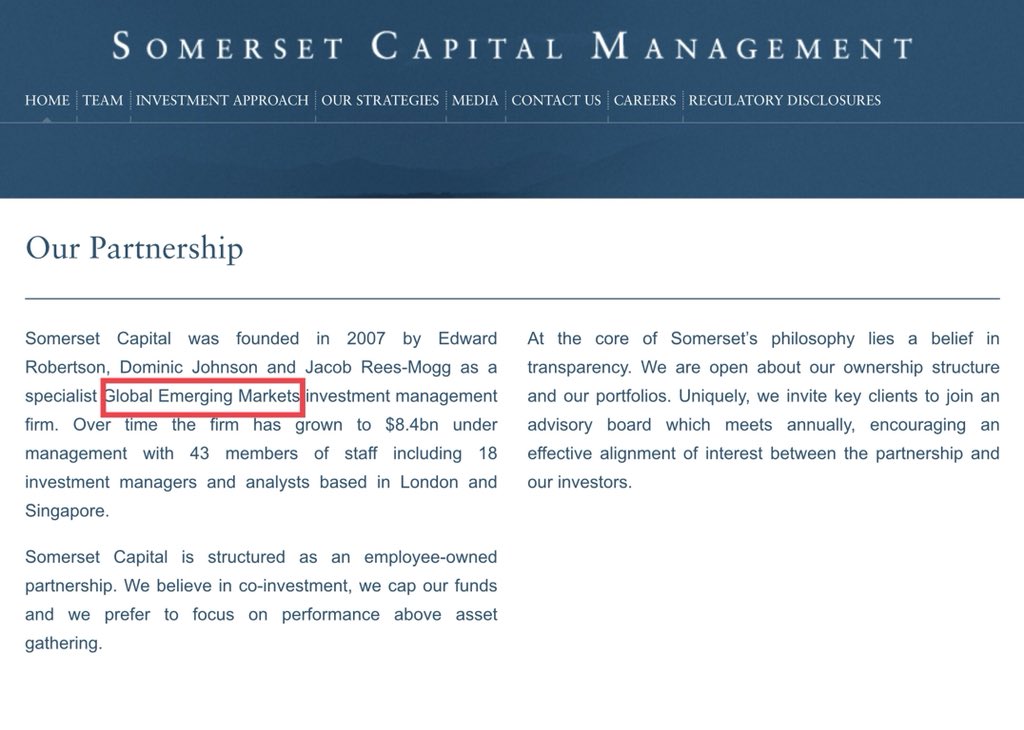The 1975 vote was for the common market, not for anything else.
The sovereignty of Parliament derives from the sovereignty of the British people. It belongs to the people and cannot be given away even in part.
British people *ought not* to have their sovereignty eroded.
(Nor should people of any other country but we're only discussing Britain here.)
(This is imo the strongest argument and the one that polled highest amongst Leavers following the 2016 vote.)
EU regulation harms small business owners, discourages or outright thwarts aspiring entrepreneurs, and hands a massive advantage to megacorporations.
EU protectionism has damaged the British economy and impedes free trade.
More immigrants from places with close cultural ties to UK: India, USA, Hong Kong, Singapore etc.
Ppl from rich European countries will no longer be subsidized by ppl from poor countries (eg. foreign students)
Fully managed borders = lower cost for non Europeans
The EU way of making laws is undemocratic - this is bad because the democratic process is good at error-correction and the EU process is not.
We should have direct access to the people making the laws we live under. European Commission lawmakers are unidentifiable.
EU membership demotes our own politicians to middle managers, relieves them of responsibility and accountability, and thereby drastically lowers the quality of politician we get to choose from in the UK.
Because we do not have direct access as voters (that is, error correctors) to the Commission etc., and cannot remove them if they do a bad job, we become accustomed to playing an incidental part in politics and lawmaking. This erodes our freedom.
If we leave the EU, we will have direct access to our representatives, and we will regain the ability to remove lawmakers who do a bad job. This will improve our quality of life and give us the tools to safeguard our freedoms.
The Euro does not have longevity as a currency and will eventually crash: tinyurl.com/y2zgf9q3
It is better for us to trade freely and independently with European countries than to subsidize them (especially as subsidies tend to deepen and prolong recessions).
EU member countries often have their referendum results ignored.
The EU does not respect democratic choice or act in good faith toward its members.
Rather it seems to comprise a few people (well-paid) who believe they know best.
Historically, this is dangerous.
Losing the ability to directly participate in the removal of bad decisionmakers in government has the effect of disenfranchising lower class people.
This is part of a long fight against (European-aspiring) supporters of 'virtual representation' in UK @DanielJHannan
Placing faith in comparatively few powerful people to make and enforce decisions for large numbers of people with only their own individual sovereign power is elitist. This is contrary to the British way of life, and is also dehumanizing and infringes on liberty.
Arbitration of whether a country is civilized enough to be 'in', or whether their produce is up to code (eg. many Japanese products are not EU-compliant), promotes the view of non-Euro countries as suspect or low-quality and of Europeans as their judges.
Laws, lawmaking procedures, currencies etc. form a large part of culture. The EU is behaving like a colonial power and damaging the cultures of their member countries. The UK is far from the worst off in this area, but we don't want to experience or participate in it
The EU has NO functional error-correction mechanisms. The UK system of government has many, and we would be better off with that.
The EU grossly overbenefits people, organizations and countries who already have a lot of power at the expense of those who have little.
1. As EU members we don't have full control over our taxes, particularly VAT, which is often-criticized as an unethical double tax.
Just as UK citizens lend some of their power to the government, we lend them some of our money. (contd)





